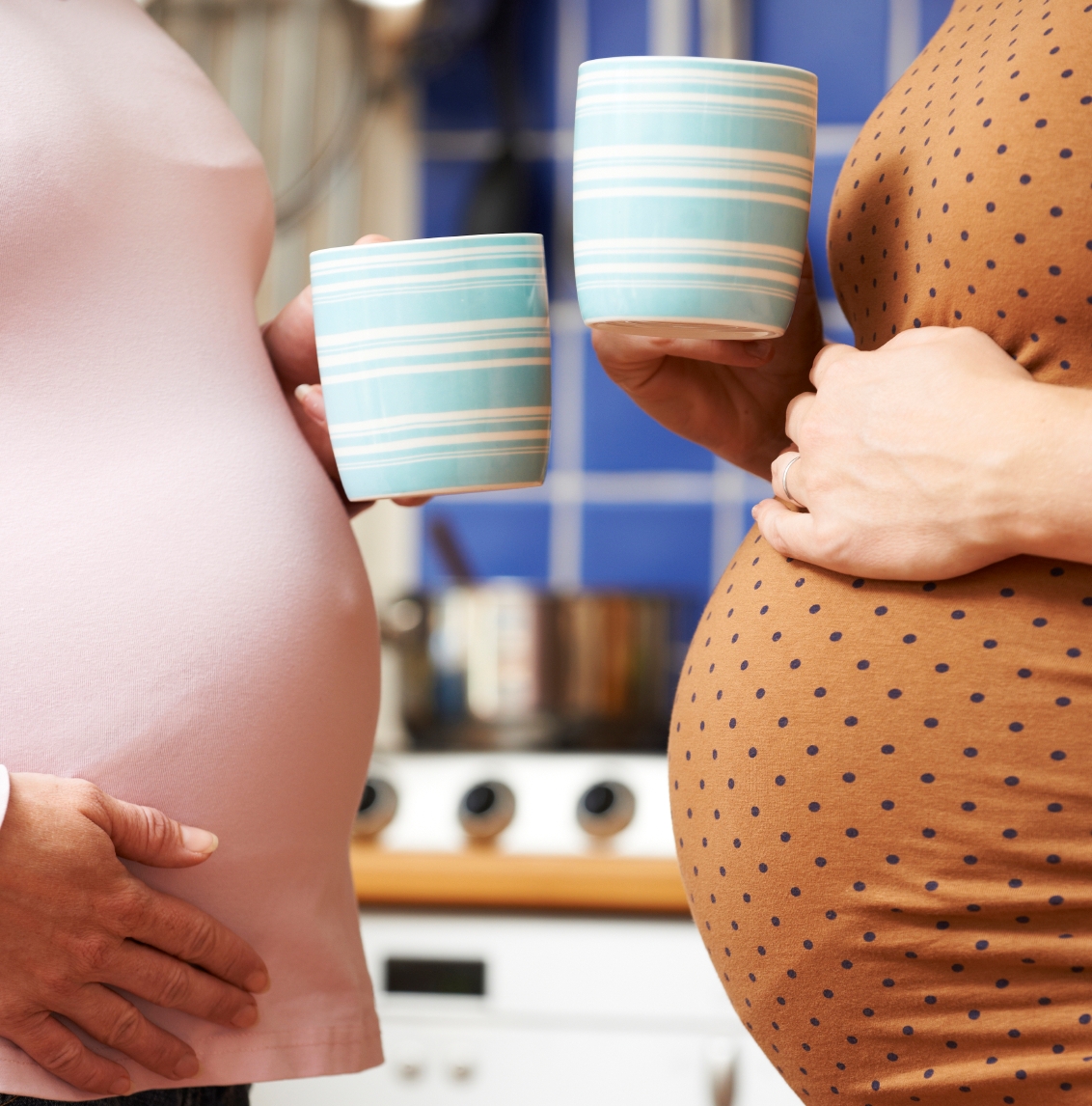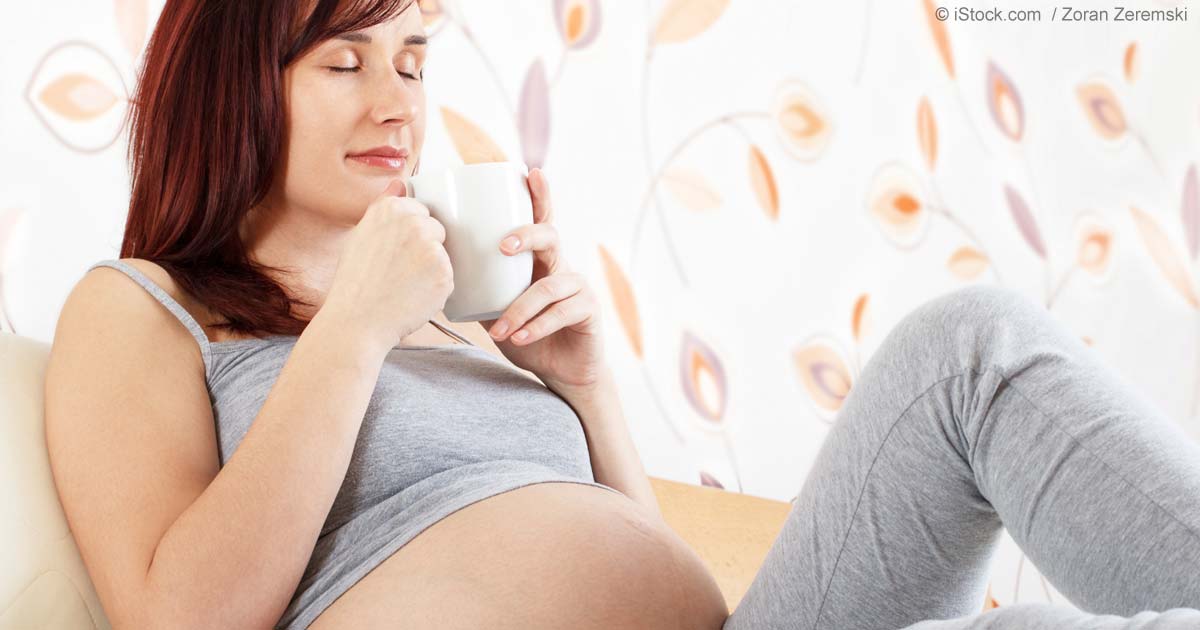Continued Caffeine Myth No. 4: Caffeine Is Harmful for Women Trying to Get Pregnant. Many studies show no links between low amounts of caffeine (a cup of coffee per day) and any of the following:


Caffeine and Adenosine. Caffeine’s effects of increasing energy and making you feel more alert are due to its interaction with adenosine receptors in the brain.


The precise amount of caffeine necessary to produce effects varies from person to person depending on body size and degree of tolerance to caffeine.
Many people enjoy a cup of coffee or tea to give them a boost. But is it safe? Learn more about caffeine.

The recommended amount of caffeine is usually 400 mg per day for healthy adults. Caffeine overdose may occur if you ingest more than this amount. A 12 ounce cup of black coffee contains 260 mg of caffeine while a Redbull has 80 mg. Dizziness and diarrhea are symptoms you’ll find when you’ve had too much caffeine.

In this article, we will discuss consumption of decaf coffee while pregnant. Research in the area of coffee and pregnancy can be tricky


Caffeine is one of the most loved stimulants in America. But now that you are pregnant, you may need to pay more attention to the amount of caffeine you are ingesting daily.
Most pregnant women should drink eight to 12 8-oz. glasses of water each day, but this amount can vary among individuals. During pregnancy, your body
Systematic review of the potential adverse effects of caffeine consumption in healthy adults, pregnant women, cents, and ren


Caffeine is a central nervous system (CNS) stimulant of the methylxanthine class. It is the world’s most widely consumed psychoactive drug.Unlike many other psychoactive substances, it is legal and unregulated in nearly all parts of the world.